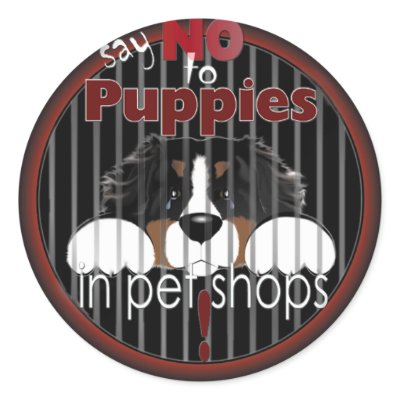Pet shop cruelty isn't just reserved for puppies. Recently in August, Petland was in the news again because Elizabeth Carlisle, a high school aged employee from the Akron, Ohio store, posted a picture on facebook of herself in the back room of the store holding two rabbits by the scruff of the neck that she had just drowned in the sink. This horrific act was done
while she was on the clock, and she had her manager take the picture. The worst part of the picture is the smile on the girls face. She looks happy, pleased with herself enough to request that her manager take a picture of her showing off her "handiwork." On her facebook page, this is the comment that she made about her act of cruelty
"[T]he manager took the pic for me. [S]he reminded me that there were people outside as [I] was swearing at them to just hurry up and die but then she was so kind as to take this picture." The reason for the drowning? The rabbits had obtained significant injuries after they were allowed to attack each other. Rather than seek proper care and take these injured animals to a veterinarian, Petland chose to let a teen-aged employee drown the rabbits instead. Not only that, but Carlisle clearly had great pleasure doing it. If you have the stomach to look at the photo
here is is, but I am warning you, this is a
very disturbing image.
Luckily, this girl is getting charged with animal cruelty, but there are many instances of animal cruelty in pet shops that go unnoticed and unpunished.



